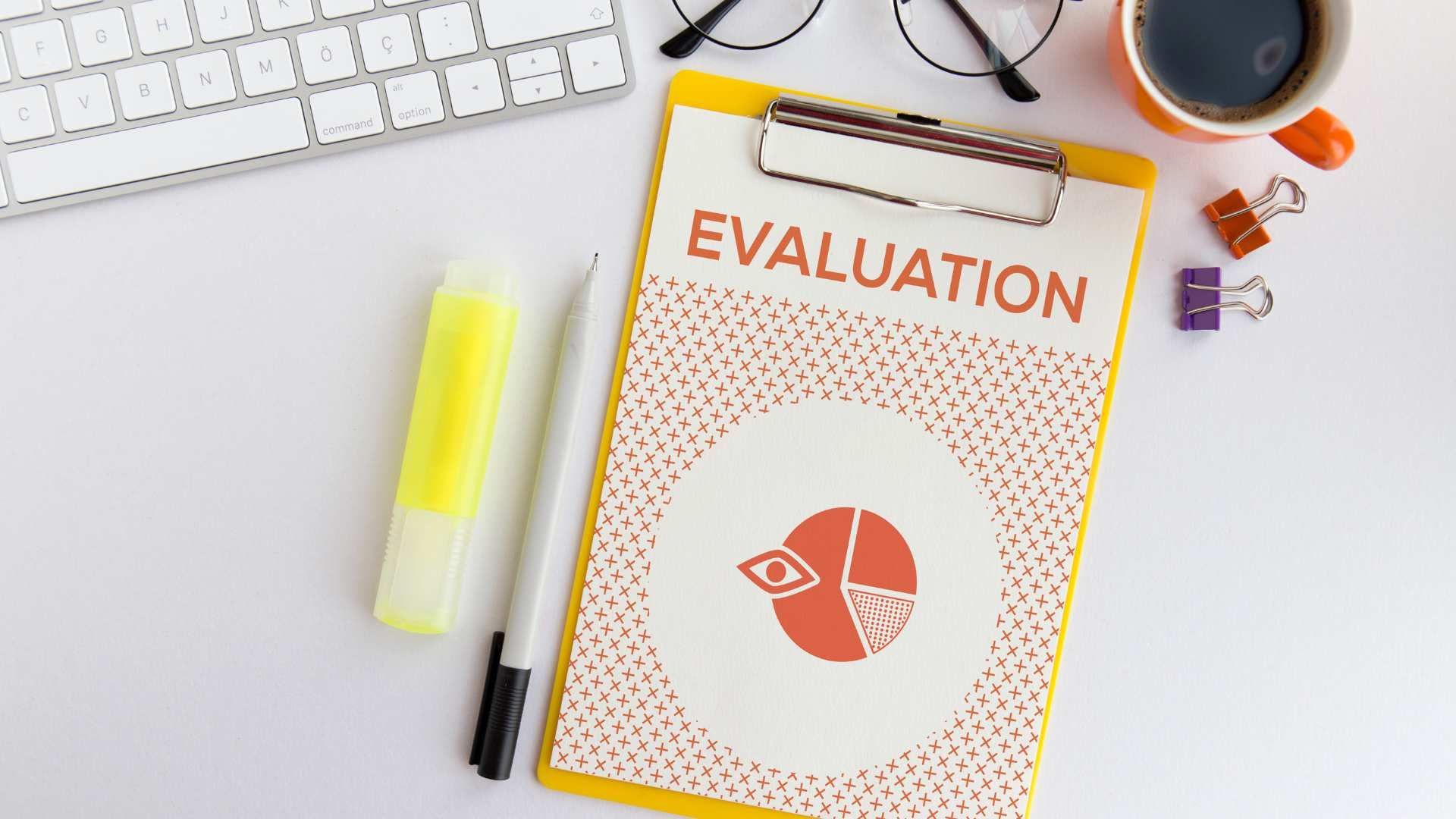A Deep Dive into Full Psychiatric Evaluations: Understanding the Process
A Deep Dive into Full Psychiatric Evaluations: Understanding the Process

Have you ever wondered what a full psychiatric evaluation entails? It's more than just sitting down and talking to a therapist. A deep dive into the process reveals that it involves multiple assessments, in-depth interviews, and comprehensive analysis of your mental health history. Whether you or someone you know is considering a psychiatric evaluation, understanding the process can help alleviate any fears or uncertainties about what to expect.
In this blog post, we'll explore all aspects of a full psychiatric evaluation so you can be fully informed and prepared for this important step towards better mental health.
What is a Full Psychiatric Evaluation?
A full psychiatric evaluation is a comprehensive assessment of an individual's mental health. The evaluation usually includes a clinical interview, psychological testing, and a review of medical and mental health records. The purpose of the evaluation is to identify any mental health disorders that may be present and to determine the severity of the disorder.
Why Do You Need a Full Psychiatric Evaluation?
A full psychiatric evaluation is an important tool that mental health professionals use to assess a person’s mental health. The evaluation can help to identify any mental health disorders that a person may have, as well as any risk factors for developing a mental illness.
During a full psychiatric evaluation, the mental health professional will ask questions about the person’s symptoms, medical history, family history, and current stressors. They will also observe the person’s behavior and mood. All of this information helps the professional to make a diagnosis and develop a treatment plan.
If you are experiencing symptoms of a mental illness, or if you are concerned about your mental health, it is important to see a mental health professional for an evaluation. A full psychiatric evaluation can help to identify any problems that you may be facing and get you started on the road to recovery.
What Happens During a Full Psychiatric Evaluation?
The first step of a full psychiatric evaluation is usually an intake interview, during which the mental health professional will ask the individual being evaluated about their current symptoms, thoughts, feelings, and behaviors. The professional will also ask about the individual's past mental health history and any other relevant medical information.
After the intake interview, the mental health professional may administer a series of tests to assess cognitive functioning or emotional state. The results of these tests can help the mental health professional make a diagnosis and develop a treatment plan.
How Long Does a Full Psychiatric Evaluation Take?
The length of a full psychiatric evaluation can vary depending on the individual and the specific situation. However, A full psychiatric evaluation can last from 45 minutes to 90 minutes on average. This is because the evaluation process usually involves a comprehensive interview with the patient, as well as a review of their medical history and any previous mental health treatment. Once the evaluation is complete, the psychiatrist will be able to provide a diagnosis and recommend a course of treatment.
How to Prepare for a Full Psychiatric Evaluation
A full psychiatric evaluation can be a daunting process, but it is important to remember that the goal is to get you the help you need. There are a few things you can do to prepare for your evaluation and make sure that it goes as smoothly as possible.
First, it is important to understand what will happen during the evaluation. You will likely be asked questions about your mental health history, your current symptoms, and your thoughts and feelings. It is important to be honest and open with the evaluator so that they can get an accurate picture of your mental health.
Second, you may want to write down any concerns or questions that you have before the evaluation. This will help you make sure that you cover everything that you want to talk about.
Third, it is helpful to have someone come with you to the evaluation. This person can provide support and act as an advocate for you if needed.
Try to relax and be yourself during the evaluation. The more open and honest you are, the more helpful the evaluation will be in getting you the treatment you need.
Questions to Expect During a Full Psychiatric Evaluation
During a full psychiatric evaluation, your provider will likely ask you a series of questions about your mental health history, current symptoms, and any medications or other treatments you’ve received in the past. They may also ask about your family’s mental health history and any stressors in your life. The goal of the evaluation is to get a clear picture of your mental health so that they can make an accurate diagnosis and recommend the best treatment plan for you.
The Results of the Full Psychiatric Evaluation
The Full Psychiatric Evaluation (FPE) is a comprehensive assessment of an individual's mental health. It is usually conducted by a psychiatrist, but can also be conducted by a psychologist or other mental health professional. The FPE is used to diagnose mental disorders and to determine the best course of treatment.
The FPE typically consists of four parts: clinical interview, psychological testing, medical history review, and collateral information gathering. The clinical interview is the primary way that information is gathered during the FPE. The interviewer will ask questions about the individual's symptoms, thoughts, feelings, and behavior. The psychological testing may include paper-and-pencil tests, projective tests, and/or computerized tests. The medical history review includes a review of the individual's past medical history, as well as any family history of mental illness. Collateral information gathering involves speaking with people who know the individual well (e.g., friends, family members, co-workers) in order to get additional information about the individual's symptoms, thoughts, feelings, and behavior.
The results of the FPE are typically used to make a diagnosis of a mental disorder and to formulate a treatment plan. In some cases, the FPE may also be used to rule out other potential causes of an individual's symptoms (e.g., physical illnesses).
Conclusion
In conclusion, full psychiatric evaluations are an important part of assessing mental health and diagnosing any potential disorders or issues. It's a lengthy process that involves multiple steps and includes conversations with the patient as well as their family and friends. By understanding what goes into a full psychiatric evaluation, you can be better prepared for your appointment so that you can get the most out of it.












